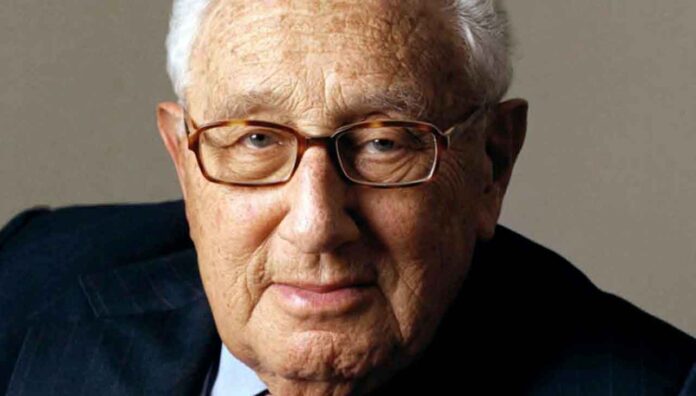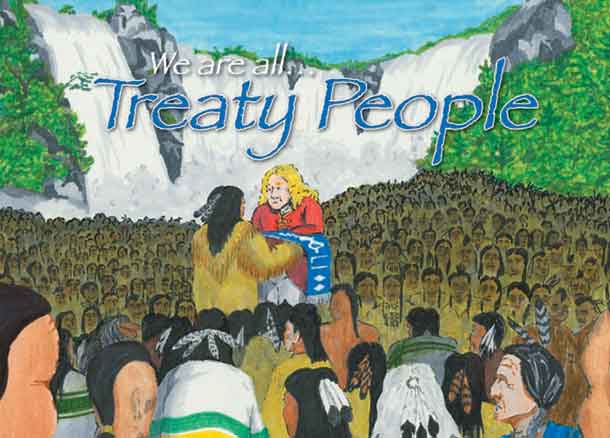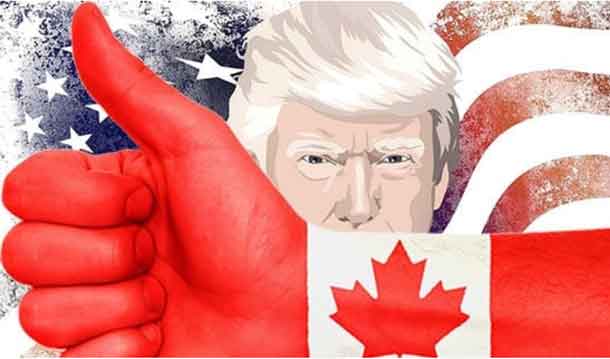Henry Kissinger: Shaping U.S. Foreign Policy and Diplomacy
Henry Kissinger, the iconic figure in American diplomacy, who passed away at the age of 100, was a man of remarkable resilience and influence. Born in southern Germany in 1923, to a family where his father was a teacher, his early years were marked by tumultuous events that would shape the course of his life.
Kissinger’s Escape from Nazi Germany
In 1938, as the shadows of Nazism loomed large, the Kissinger family made the fateful decision to flee Nazi Germany and seek refuge in the United States. This journey to safety and freedom would set the stage for Henry Kissinger’s extraordinary journey through history.
From German Refugee to U.S. Army Service
After becoming an American citizen in 1943, a young Henry Kissinger answered the call of duty and served in the 84th Army Division during World War II. His dedication and service earned him the Bronze Star for “meritorious service.” Following the war, Kissinger continued his service in the Counter Intelligence Corps in occupied Germany, remaining in the U.S. Army Reserves until 1959.
Academic Pursuits and Teaching at Harvard University
Dr. Kissinger’s insatiable thirst for knowledge led him to Harvard University, where he pursued bachelor’s, master’s, and PhD degrees. His academic journey would come full circle, as he went on to teach international relations at Harvard for nearly two decades, sharing his wisdom with countless students.
A Statesman’s Rise: Advisor and Secretary of State
In 1969, Henry Kissinger’s ascent in American diplomacy reached new heights when President Richard Nixon appointed him National Security Advisor. This pivotal role would set the stage for a series of historic achievements. Serving as Secretary of State under both Presidents Nixon and Ford, Dr. Kissinger played central roles in the groundbreaking “Opening to China,” negotiations to end the Yom Kippur War in the Middle East, and the pivotal efforts to bring the Vietnam War to a close. His diplomatic skills earned him international recognition and accolades.
Contributions to International Relations and Arms Control
Beyond his service in the White House, Dr. Kissinger played a critical role in setting former Rhodesia on the path to representative government and in negotiating key arms control agreements with the Soviet Union. His influence extended far beyond U.S. borders, as he became a trusted advisor to scores of foreign leaders.
A Prolific Author and Respected Thought Leader
Dr. Kissinger’s intellectual curiosity and insights extended to the written word. He authored an impressive 21 books on national security matters, cementing his status as one of America’s great statesmen. Even after concluding his government service in 1977, he remained a sought-after advisor, regularly consulted by American presidents of both political parties.
Celebrating a Century: Legacy and Ongoing Contributions
In May of 2023, Henry Kissinger celebrated his 100th birthday, a milestone that highlighted his enduring influence and vitality. He continued to contribute to the global discourse on matters of great significance, particularly focusing his attention on the implications of artificial intelligence.
An Extraordinary Legacy Endures
As the world reflects on the passing of Henry Kissinger, his contributions to international relations, diplomacy, and thought leadership will continue to inspire and shape the future of American foreign policy. His legacy remains etched in the annals of history, a testament to the indomitable spirit of a man who overcame adversity and left an indelible mark on the world stage.
Additional biographical information about Dr. Kissinger and his writings can be found at www.henryakissinger.com.









 Fort Frances Homicide Investigation: Murder Charge Laid Following Discovery of Missing Man
Fort Frances Homicide Investigation: Murder Charge Laid Following Discovery of Missing Man